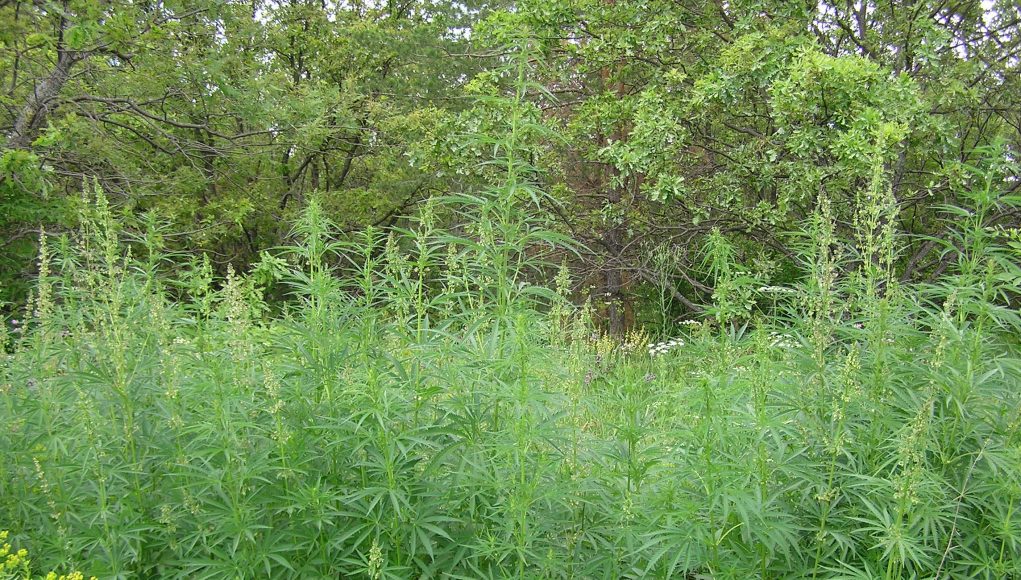The plant will not be legalized for recreational use, and would also be farmed to be exported for medicinal and industrial purposes. Additionally, Lebanon aims to set up a new legal industry producing cannabis pharmaceutical items, including wellness products, CBD oil and industrial products such as fibers for textiles.
Up until now, the plant has long been widely and openly cultivated in certain parts of Lebanon, yet this was strictly illegal. In fact back in 2018, Raed Khoury, Lebanon’s former caretaker minister for economy and trade, said that the quality of Lebanese marijuana “is one of the best in the world”.
The measure may face political challenges
Kareem Chehayeb, an independent Lebanese journalist and researcher, pointed out that Lebanese political party Hezbollah opposed the new law. “Though their key allies supported the draft law, Hezbollah were not the only party to oppose this,” Chehayeb tweeted. Hilal Khashan, a professor of political studies and public administration at the American University of Beirut, voiced skepticism that the government will be able to proceed given Hezbollah’s opposition.
“Hezbollah is a primary beneficiary of cannabis trafficking,” Khashan said. “The only way for Hezbollah to accept the ratification of the law is to be directly involved in its implementation—i.e., get its share from it,” said Khashan. He added that legalizing cannabis would not be nearly enough to address Lebanon’s economic concerns.
Meanwhile, local activists have raised concerns about the law. They feel that this legislation does not go far enough and argue that recreational use should be included. “No change to any laws on the recreational production or use of the substance, which remains illegal,” said Timour Azhari, Al Jazeera’s Beirut correspondent, when the proposal was announced.
Asia is changing its stance on marijuana products
Other countries in Asia have changed their stance on Marijuana. In w2018, the Republic of South Korea revised its national drug policy, and became the first East Asian nation to legalize medicinal cannabis.
Last December, hundreds of people in Thailand (a country renowned for its harsh stance on the consumption of the substance) received free CBD oil at one of the flagship clinics, based at the Ministry of Public Health in a suburb of Bangkok. Public health minister Anutin Charnvirakul, said that the clinic at the health department is a “pilot” as Thailand “cannot produce enough doctors with expertise in cannabis”.
Read Further: Newsweek








